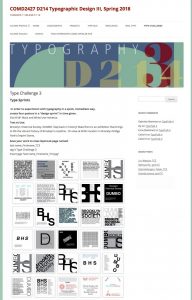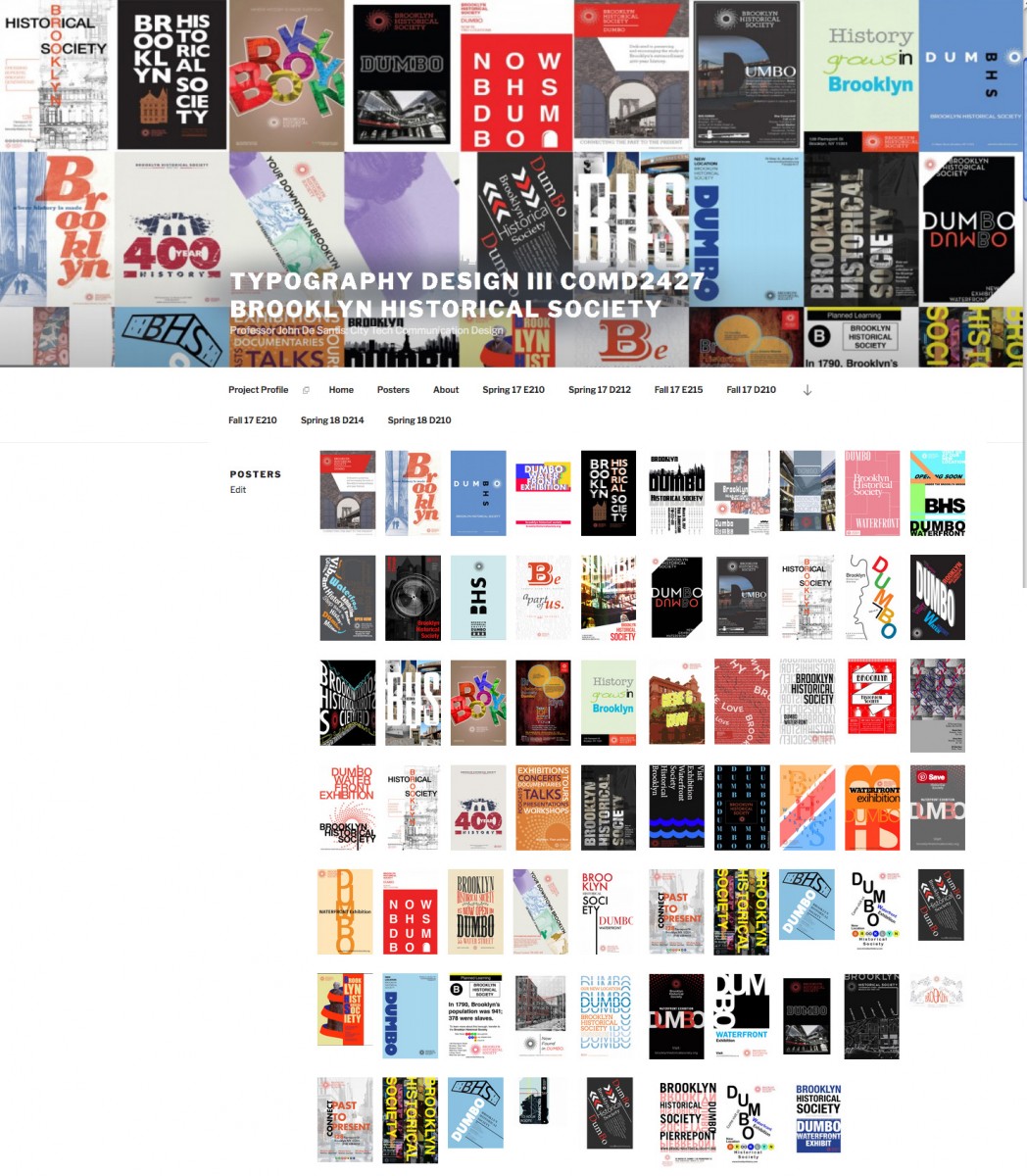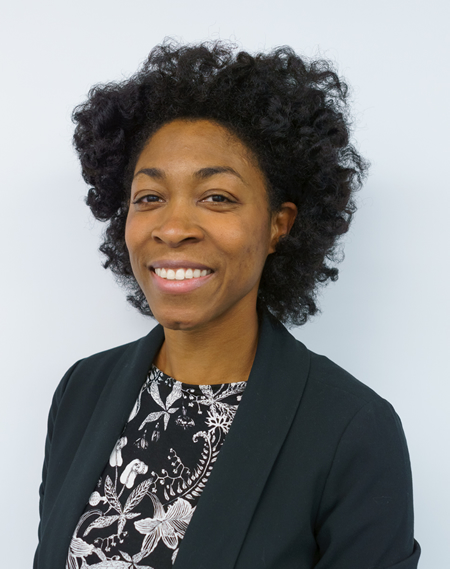 This month we’re profiling Professor Javiela Evangelista, an Assistant Professor and Caribbeanist in the African American Studies Department. Professor Evangelista assumed her current position in 2016, after joining the City Tech community in 2013 as an adjunct lecturer.
This month we’re profiling Professor Javiela Evangelista, an Assistant Professor and Caribbeanist in the African American Studies Department. Professor Evangelista assumed her current position in 2016, after joining the City Tech community in 2013 as an adjunct lecturer.
How and why did you begin using the OpenLab, and how have you integrated the platform into your pedagogical practices?
I started using OpenLab actively as Open Educational Resources (OER) Fellow (2017-1018). I developed the OER website on Openlab Fall 2017 and implemented it in my Africana Folklore: AFR 1130 course, Spring 2018. AFR 1130 is a foundational course for the department. In the course we learn about central concepts, issues and events in the African Diaspora and improve our writing. The course supports the department’s mission to “bring research, critical analysis, and interpretation to bear on the contributions of peoples of African descent to the genesis and the development of human civilization.” By providing a foundational understanding of the African diaspora, the course aims to better enable students to navigate future courses in the department.
The majority of the readings – from ebooks, to peer reviewed articles, websites for cultural institutions, to videos – are accessible from the Openlab. The Openlab provided a central space for the OER which aims to provide greater access, with material that is free of cost to students. This access can serve our students with budgetary constraints and also help the college keep up with relevant material and in a wide range of mediums, which often encourages greater student engagement. Towards this end the Openlab served our course by enabling the organization of the material by theme and in the case of AFR 1130, by geographic area. We added tags to each post to make material easily searchable and to allow for reorganization in the future, by cultural themes or chronologically, for example. The syllabus is posted as a pdf and also imbedded onto the page for easy access and scrolling. We added a table of contents modeled after wikipedia at the beginning of major sections, which helps students and readers know what to expect on the page, and also makes navigation much easier (especially from cell phones, which may be an important consideration for access).
How has the OpenLab transformed or expanded your pedagogy, and the pedagogical values you’re able to realize in your courses and educational practice?
With AFR 1130 as an OER, I was obligated to step outside of my comfort zone and explore a range of materials which the Openlab hosted. In order to cover an expansive geographical content (the entire African diaspora) and timeframe (14thc – present), I made an effort to cast a wide net when searching for material, not only to share in class, but also for students to review at home. This led to students listening to podcasts and watching Ted Talks by some of the same authors that we would have simply read in my other courses. For example, in AFR 1130 to conclude the course, students often read “#Ferguson: Digital Protest, Hashtag Ethnography and the Racial Politics of Social Media in the United States,” by Yarimar Bonilla and Jonathan Rosa in order to evaluate social media as a form of folklore and cultural production. When researching Bonilla’s OERs I found one of her interviews on the Brian Lehrer Radio Show “How Colonialism in the Caribbean Affects Hurricane Prep and Recovery.” Posted on the Openlab, this new material enabled us to analyze the importance of journalism (particularly independent media) as a form of folklore, while also addressing the politics of Puerto Rico as an unincorporated territory.
Aside from courses, how does the OpenLab support your pedagogical practices and ambitions?
I am an activist and public anthropologist whose social justice research, addresses civil liberties and human rights in the African diaspora. My research is in service of the public, and as a result, I participate in collaborative work with those impacted by the issues I aim to address, from research design through implementation. At it’s best, academic work expands the classroom and engages the public in support of social justice. The open nature of the Openlab works in concert with my values and pedagogy. It is important that there is transparency and access in our work. Historian Manning Marable argues that due to racial inequality which results in omissions and misrepresentations in knowledge production, African American Studies has always been and should continue to be, not only descriptive, but also corrective and prescriptive. This is a guiding principle in my research and also my pedagogy. In all of the courses that I teach, students engage in “pracademics,” essentially the theory that those who research inequality should also contribute to changing it, in practice (Davis 2003).
In the new course AFR 2402ID The Heritage of Imperialism (which I am currently developing an Openlab site for) and AFR 1130, we take a field trip visit to Democracy Now Studios! (DN!) in order to view a recording and have a discussion with staff. During the visit, student’s learn about the value of independent media as a corrective within our society. In preparation for the visit to DN!, students analyze how stories are framed by comparing CNN’s coverage of the “riots” in Baltimore, with DN!’s coverage of the same events as an “uprising.” I teach students to define and utilize the concepts of imperialism, race, and diaspora while demonstrating an understanding of the vast application and complexity of these concepts.
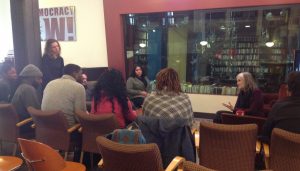
In AFR 2402ID students also learn to analyze contemporary connections to imperialism for African descendants in consideration of various points of view. For example, students learn that contemporary continuities of imperialism may manifest in communities that are economically and politically marginalized, as well as privileged communities. Likewise, students come to understand the legacy of imperialism as not solely oppressive, but also resistive. I also guide students to analyze how race, ethnicity, gender, sexuality, migration, capitalism and labor, the state and militarism, and ideals of expansion and expulsion are related to the historical and contemporary development of various African diasporic societies and hence the heritage of imperialism within the African diaspora. By considering the heritage of imperialism in their own lives and in conversation with guest activists, educators, healthcare providers and journalists for example, students engage in place-based learning and further contribute to NYCCT’s interdisciplinary mission. As a cultural anthropologist, ethnography and testimony are centered in my courses to amplify marginalized concerns and to explore strategies that may serve as correctives. The Openlab provides an important place for these conversations in a space open to the public.
As a result of a year long Writing Across the Curriculum Fellowship at Lehman College, I initiated a Writing Resource Center within blackboard to support students as they strengthen their writing, which is a central goal in my courses. I plan to add the Resource Center to the Openlab. In the interim, the assignments are posted on Blackboard.
My teaching approach includes scaffolded assignments, formal and informal writing, and high and low stakes assignments to enable student growth through practice and process.More specifically, we use writing to: 1) Understand, summarize, analyze, and critique course material using informal and formal writing. 2) Employ writing as an essential tool for learning course material. 3) Formulate and support a central argument or claim in their formal writing assignments.4) Effectively integrate and organize evidence to support their claims. 5) Practice writing for different purposes, audiences, and in various media. 6) Follow the writing conventions of the discipline and its related professions. 7) Follow the conventions of English grammar and mechanics in their writing. 8) Compose multiple drafts in order to proofread, and revise clear and logical sentences using correct spelling, conventional punctuation, correct grammar and syntax. Use varied sentence structure. Order and connect sentences and paragraphs effectively, using transitions and parallelism. 9) Apply feedback from faculty and peers during the revision process. 10) Cite sources within the text and on a reference page according to APA, MLA or Chicago style guidelines.
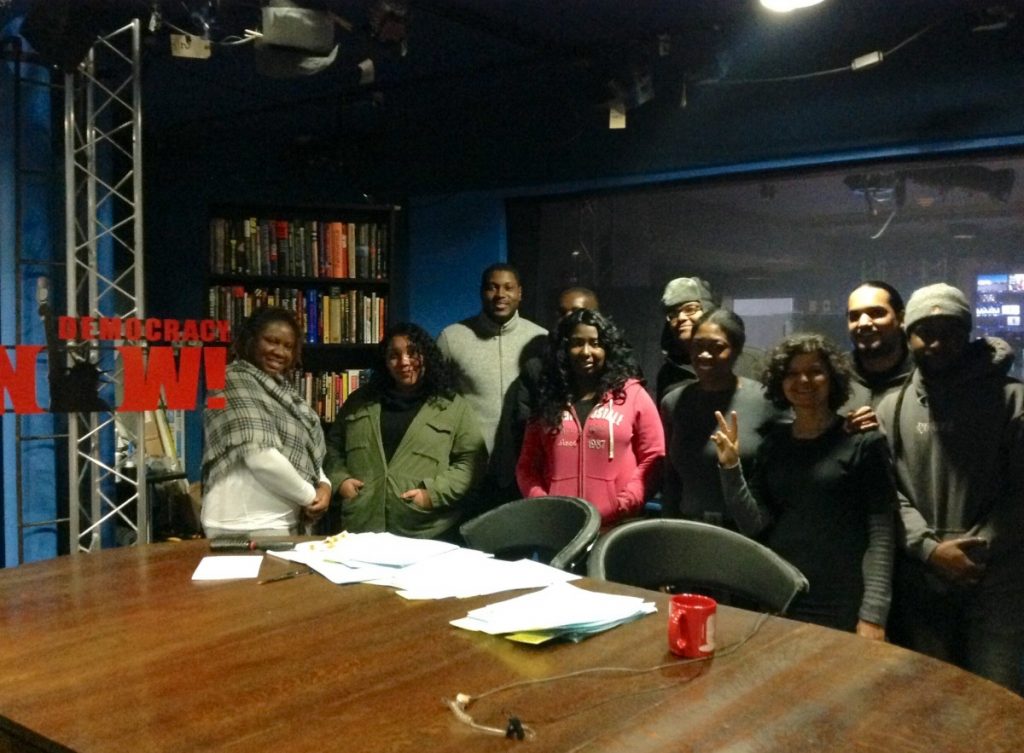


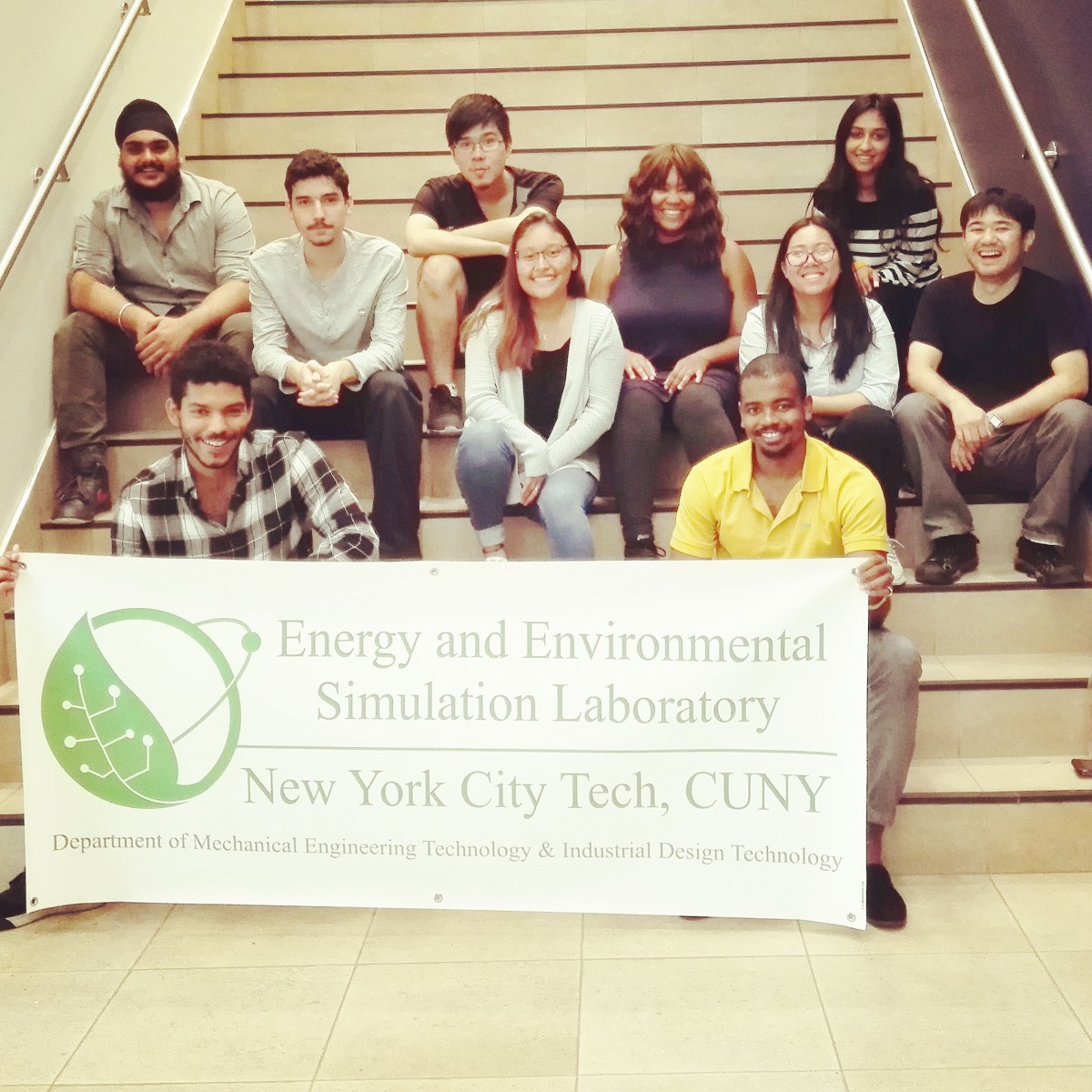


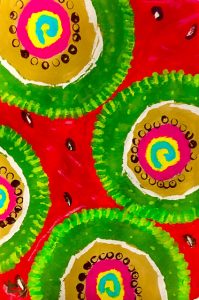


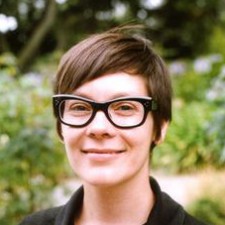 This week we’re profiling
This week we’re profiling 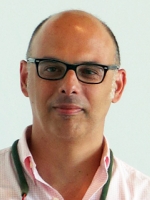 This week we’re profiling
This week we’re profiling 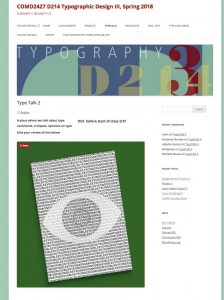 The OpenLab has also assisted in developing student-critique skills and process. For example, in a weekly critique series of industry typographic work called “Type Talk”, students comment on the work posted and can interact with the other student critiques.
The OpenLab has also assisted in developing student-critique skills and process. For example, in a weekly critique series of industry typographic work called “Type Talk”, students comment on the work posted and can interact with the other student critiques.